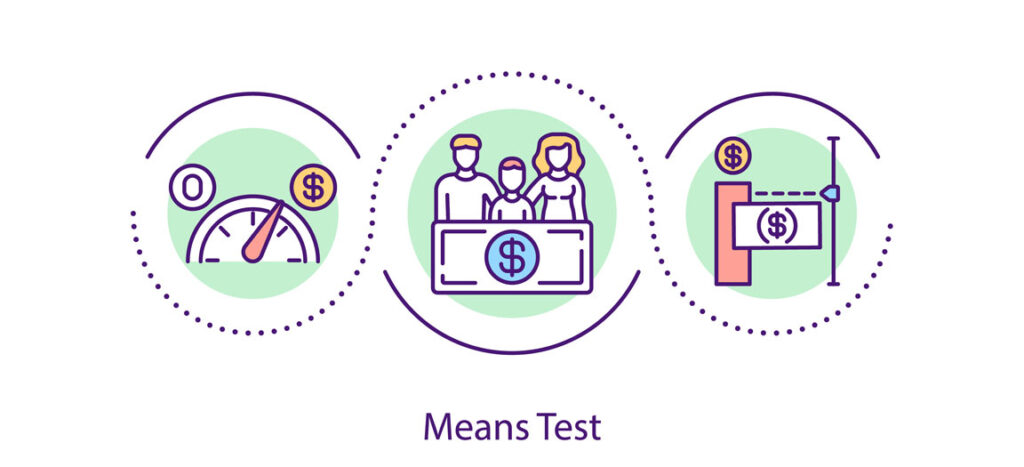When filing for bankruptcy, several noteworthy terms often come up. This article will provide you with definitions of those terms and some helpful correlating information.
Means Test
Section 707(b)(2) of the Bankruptcy Code applies a “means test” to determine whether an individual debtor’s chapter 7 filing is presumed to be an abuse of the Bankruptcy Code requiring dismissal or conversion of the case (generally to chapter 13). Abuse is presumed if the debtor’s aggregate current monthly income (see definition above) over 5 years, net of certain statutorily allowed expenses is more than (i) $12,850, or (ii) 25% of the debtor’s nonpriority unsecured debt, as long as that amount is at least $7,700. The debtor may rebut a presumption of abuse only by a showing of special circumstances that justify additional expenses or adjustments of current monthly income.
Learn More: Chapter 7 Bankruptcy and The Means Test

Automatic Stay
An injunction that automatically stops lawsuits, foreclosures, garnishments, and all collection activity against the debtor the moment a bankruptcy petition is filed.
In short, an automatic stay prevents creditors from harassing you concerning debts previously owed to them. This injunction is imposed directly after filing for bankruptcy.

Credit Counseling
Generally refers to two events in individual bankruptcy cases: (1) the “individual or group briefing” from a nonprofit budget and credit counseling agency that individual debtors must attend prior to filing under any chapter of the Bankruptcy Code; and (2) the “instructional course in personal financial management” in chapters 7 and 13 that an individual debtor must complete before a discharge is entered. There are exceptions to both requirements for certain categories of debtors, exigent circumstances, or if the U.S. trustee or bankruptcy administrator have determined that there are insufficient approved credit counseling agencies available to provide the necessary counseling.
Essentially, pending exceptions, you must complete two credit counseling sessions with US DOJ verified counselors before filing for bankruptcy. These informational sessions provide you with additional knowledge on managing your finances responsibly.
Prebankruptcy Planning
The arrangement (or rearrangement) of a debtor’s property to allow the debtor to take maximum advantage of exemptions. (Prebankruptcy planning typically includes converting nonexempt assets into exempt assets.)
At Todd Cushner & Associates, our bankruptcy litigation experts work with you throughout the prebankruptcy planning process to ensure the best possible outcome.
Discharge
A release of a debtor from personal liability for certain dischargeable debts set forth in the Bankruptcy Code. (A discharge releases a debtor from personal liability for certain debts known as dischargeable debts and prevents the creditors owed those debts from taking any action against the debtor to collect the debts. The discharge also prohibits creditors from communicating with the debtor regarding the debt, including telephone calls, letters, and personal contact.)
Learn More: Bankruptcy 101 – Discharges

